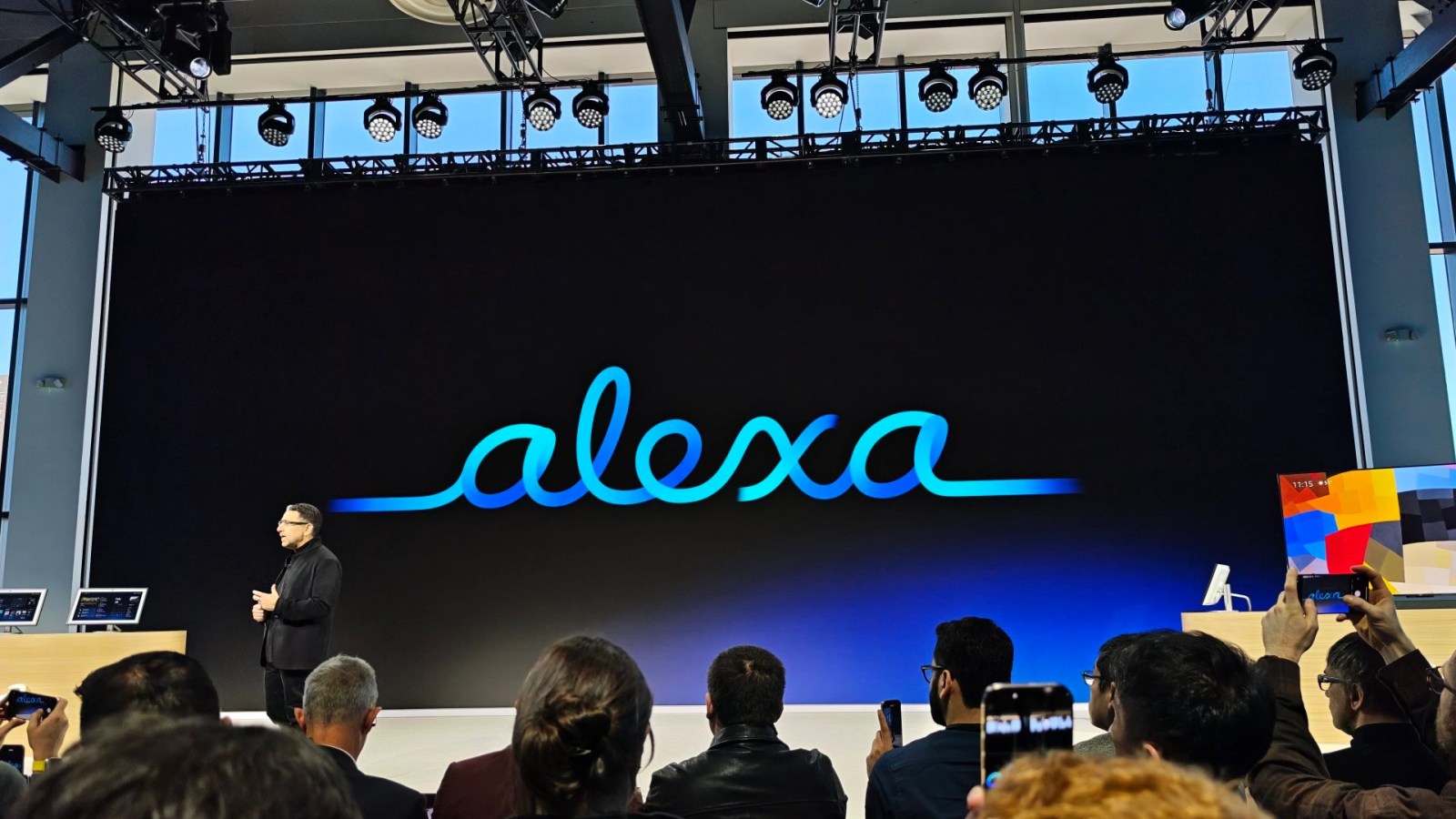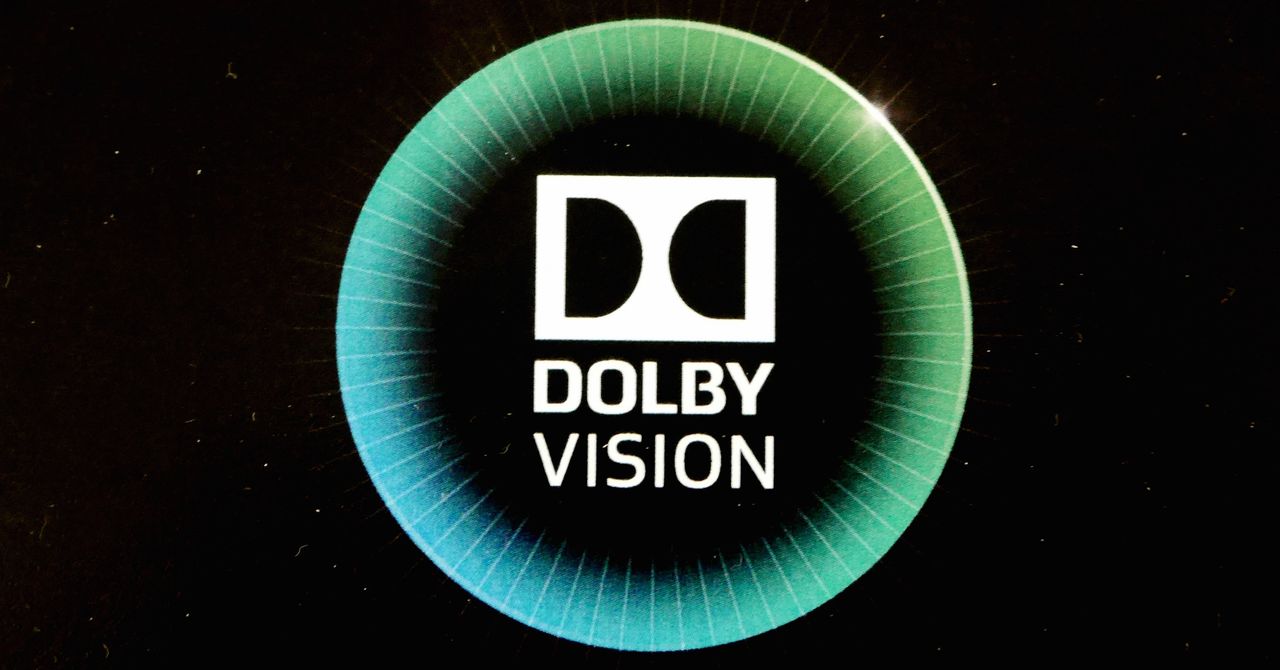
This is one of my favorite lines from the movie Back to the Future. Especially when you think about that movie in its futuristic context. We are just over a year past the day when Marty arrived in 2015. We don’t have flying cars, yet, but we are well on our way to driver-less cars. No, this post isn’t going to be another review of 2015 from the Back to the Future perspective, but it is going to be an homage to Doc Brown. Today’s world is rapidly changing. Technology is giving us things that only Doc Brown could imagine. Back to the Future had us flying cars in the year 2015. While that didn’t come to fruition, we started to see the emergence of driver-less cars.
Technology that lets a car drive by itself without a human physically navigating the car. This concept is a bit mind-blowing if you think about it. What makes the car run? How does it know where to stop? Will this prevent car accidents? How will this change infrastructure? Too many questions – I know. But I think there are more questions than answers when it comes to self driving cars. At least at this stage of the game. In late 2016, the Province of Ontario set out to begin testing driver less cars. This pilot project will allow the folks in the automotive industry to fine tune the technology that makes this a reality. The pilot in Ontario, however, requires a licensed driver to be behind the wheel at all times. For now anyway.
https://www.youtube.com/watch?v=DYTV4d-Gn0s
As I watched this video, I started to think about what the world would look like if we no longer needed to get behind the wheel of our cars? My immediate thought was how lazy I could be. Like the guy in this video, I could just sit in the back seat (or the front seat), and sleep while the car took me to work. Or to visit family out of town. While appealing, I probably don’t need to sleep any more. What I do need is more hours in my day. Having a car that drives itself would give me extra time during my commute to be a little bit more productive. Sounds nice, right?
What does this technology really mean? If I don’t need to drive myself to work, does that mean I don’t need a car? If I don’t need a car, I no longer need car insurance. Presumably, you would call upon a car in a similar manner to getting an Uber. But when the car arrived, there wouldn’t be a human in the driver’s seat. So maybe I don’t need car insurance the way I have it now, but I might need some other type of liability insurance. Or would the car “owner” have that covered as part of the pay-per-service agreement? Either way, no insurance means that I have more money in my pocket each month. This also means no car payments. Will this put an end to the automotive industry? Or just change the way we know it today?

From an infrastructure perspective – we will no longer need parking spaces, or parking lots. Downtown congestion will be almost eliminated. Presumably, the number of cars on the road will decrease since more than one person will be able to utilize the same vehicle for different purposes throughout the day. A change in infrastructure means that cities will be able to re purpose some of the land that is used for parking. More green space and parks could be created. More trails. A greater opportunity to be active. Cities are actively trying to get people to walk to their destinations. Driver less cars could mean a more walk-able city. We are likely to see a return of smaller boutique type stores and less reliance on big box stores. We might even see a bigger reliance on delivery services to bring us our groceries.
There are so many ways that this technology could change our lives. It seems almost too futuristic to think about. I feel like Marty McFly as he tries out a hover board for the first time. Driver-less cars are still a few years away, but it’s incredible to think about how everything will change. It won’t be as simple as sitting back and literally enjoying the ride. Driver-less cars means a large scale overhaul on our political and economic systems. Car manufacturers, insurance companies, and even marketing will change in an incredible way. One thing I didn’t speak to in this article is our reliance on oil. I think that driver-less cars, and other technology will reduce the amount of oil needed. But that is a topic for another day. For now, I leave you in the year 2017 as we imagine what the future has in store for us.



